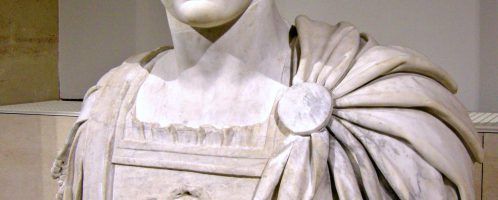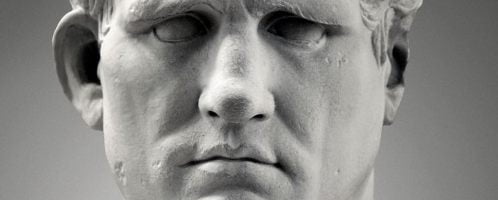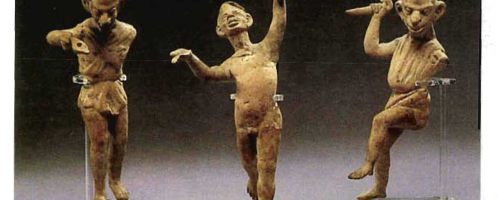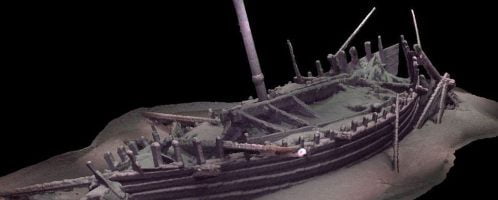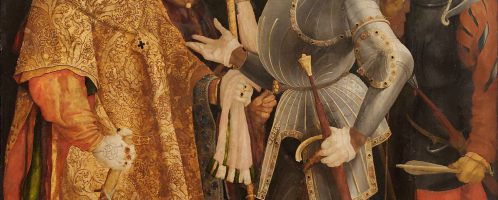Flavius Clemens and Flavia Domitilla – accused of atheism
Cassius Dio mentions that Domitian (ruled 81-96 CE) did not shy away from spilling blood among his family as well. On his order, Flavius Clemens was related to him, grandson of Titus Flavius Sabinus (brother of Vespasian, and uncle of Domitian) and the husband of his niece, Flavia Domitilla.

